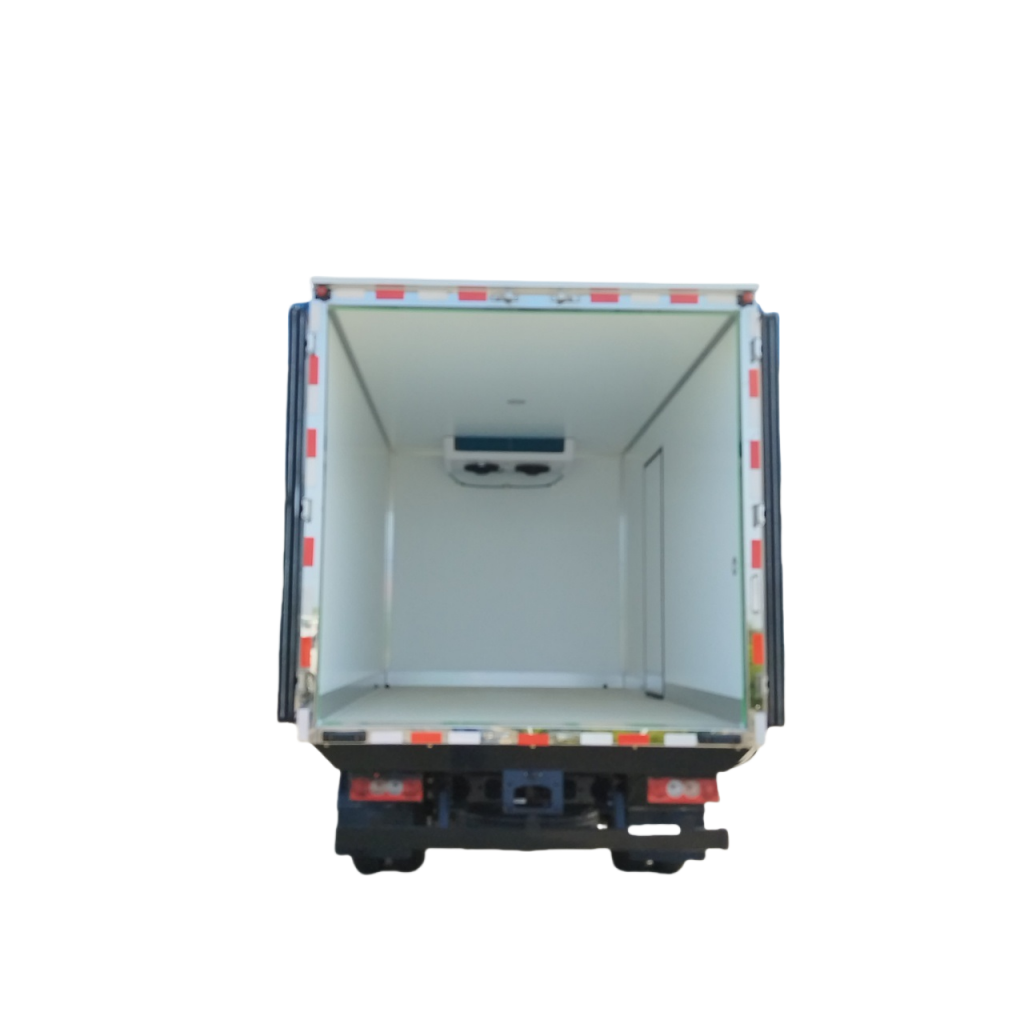Introduction
Work truck trailer fleet management plays a crucial role in the success of businesses that rely on transportation for their operations. Whether it's a construction company, landscaping business, or delivery service, effectively managing a fleet of work truck trailers can significantly impact efficiency, productivity, and overall profitability. In this comprehensive guide, we will delve into the best practices, challenges, and strategies for optimizing work truck trailer fleet management.
1. Importance of Work Truck Trailer Fleet Management
Work truck trailers are essential assets for businesses that require transportation to deliver goods, equipment, or services. Efficient fleet management is vital for maximizing the utilization of these trailers, reducing operational costs, and ensuring timely deliveries. By effectively managing a fleet of work truck trailers, businesses can improve customer satisfaction, streamline operations, and increase profitability.
2. Challenges in Work Truck Trailer Fleet Management
Managing a fleet of work truck trailers comes with its own set of challenges. Some common challenges include:
- Maintenance and Repairs: Work truck trailers require regular maintenance and repairs to ensure safe and efficient operation. Managing maintenance schedules, addressing breakdowns promptly, and tracking repair costs can be challenging for fleet managers.
- Fuel Management: Fuel costs can account for a significant portion of a fleet's operating expenses. Monitoring fuel consumption, optimizing routes to reduce fuel usage, and implementing fuel efficiency measures are crucial for cost savings.
- Driver Management: Ensuring driver compliance with safety regulations, monitoring driver behavior, and tracking driver performance are essential aspects of fleet management. Effective communication and training are key to managing drivers effectively.
- Compliance and Regulations: Work truck trailers are subject to various regulations, such as weight limits, licensing requirements, and hours of service regulations. Ensuring compliance with these regulations is essential to avoid fines and penalties.
- Asset Tracking: Tracking the location, status, and usage of work truck trailers is important for optimizing fleet operations. Implementing GPS tracking systems and telematics solutions can help fleet managers monitor their assets in real-time.
3. Best Practices in Work Truck Trailer Fleet Management
To overcome the challenges associated with work truck trailer fleet management, businesses can implement the following best practices:
- Implement Preventive Maintenance Programs: Regular maintenance is essential for extending the lifespan of work truck trailers and preventing costly breakdowns. By implementing a preventive maintenance program, fleet managers can schedule routine maintenance tasks, track maintenance history, and proactively address issues.
- Utilize Telematics and GPS Tracking: Telematics systems and GPS tracking technology can provide real-time data on the location, status, and performance of work truck trailers. Fleet managers can use this data to optimize routes, monitor fuel consumption, track driver behavior, and improve overall fleet efficiency.
- Conduct Driver Training and Monitoring: Investing in driver training programs can help improve driver safety, reduce accidents, and enhance overall fleet performance. Monitoring driver behavior, such as speeding, harsh braking, and idling, can also help identify areas for improvement.
- Optimize Route Planning: Efficient route planning is essential for reducing fuel costs, minimizing idle time, and improving delivery times. By using route optimization software, fleet managers can create the most efficient routes based on factors such as traffic conditions, distance, and delivery schedules.
- Implement Asset Management Systems: Asset management systems can help fleet managers track the location, status, and usage of work truck trailers in real-time. By having visibility into their assets, fleet managers can make informed decisions, improve asset utilization, and reduce operational costs.
4. Strategies for Optimizing Work Truck Trailer Fleet Management

In addition to best practices, businesses can adopt the following strategies to optimize work truck trailer fleet management:
- Fleet Right-Sizing: Analyzing fleet utilization data can help businesses determine the optimal number of work truck trailers needed to meet demand. Right-sizing the fleet can help reduce operating costs, improve efficiency, and increase profitability.
- Data Analytics: Leveraging data analytics tools can provide valuable insights into fleet performance, driver behavior, and operational efficiency. By analyzing data on fuel consumption, maintenance costs, and route efficiency, fleet managers can identify areas for improvement and make data-driven decisions.
- Performance Monitoring: Implementing key performance indicators (KPIs) can help businesses track and measure the performance of their work truck trailer fleet. KPIs such as fuel efficiency, maintenance costs, on-time deliveries, and driver safety can provide valuable metrics for evaluating fleet performance.
- Continuous Improvement: Continuously seeking ways to improve fleet operations is essential for long-term success. By soliciting feedback from drivers, conducting regular performance reviews, and staying informed about industry trends, businesses can identify opportunities for improvement and innovation.
5. Conclusion
Effective work truck trailer fleet management is essential for businesses that rely on transportation for their operations. By implementing best practices, overcoming challenges, and adopting strategies for optimization, businesses can maximize efficiency, productivity, and profitability. By prioritizing preventive maintenance, utilizing telematics technology, optimizing route planning, and investing in driver training, businesses can enhance their fleet operations and gain a competitive edge in the market.
In mechanical sweeper truck , work truck trailer fleet management requires a proactive and strategic approach to ensure success. By focusing on maintenance, technology, driver training, and data-driven decision-making, businesses can optimize their fleet operations and achieve their goals. By continuously seeking ways to improve and innovate, businesses can stay ahead of the competition and deliver exceptional service to their customers.
